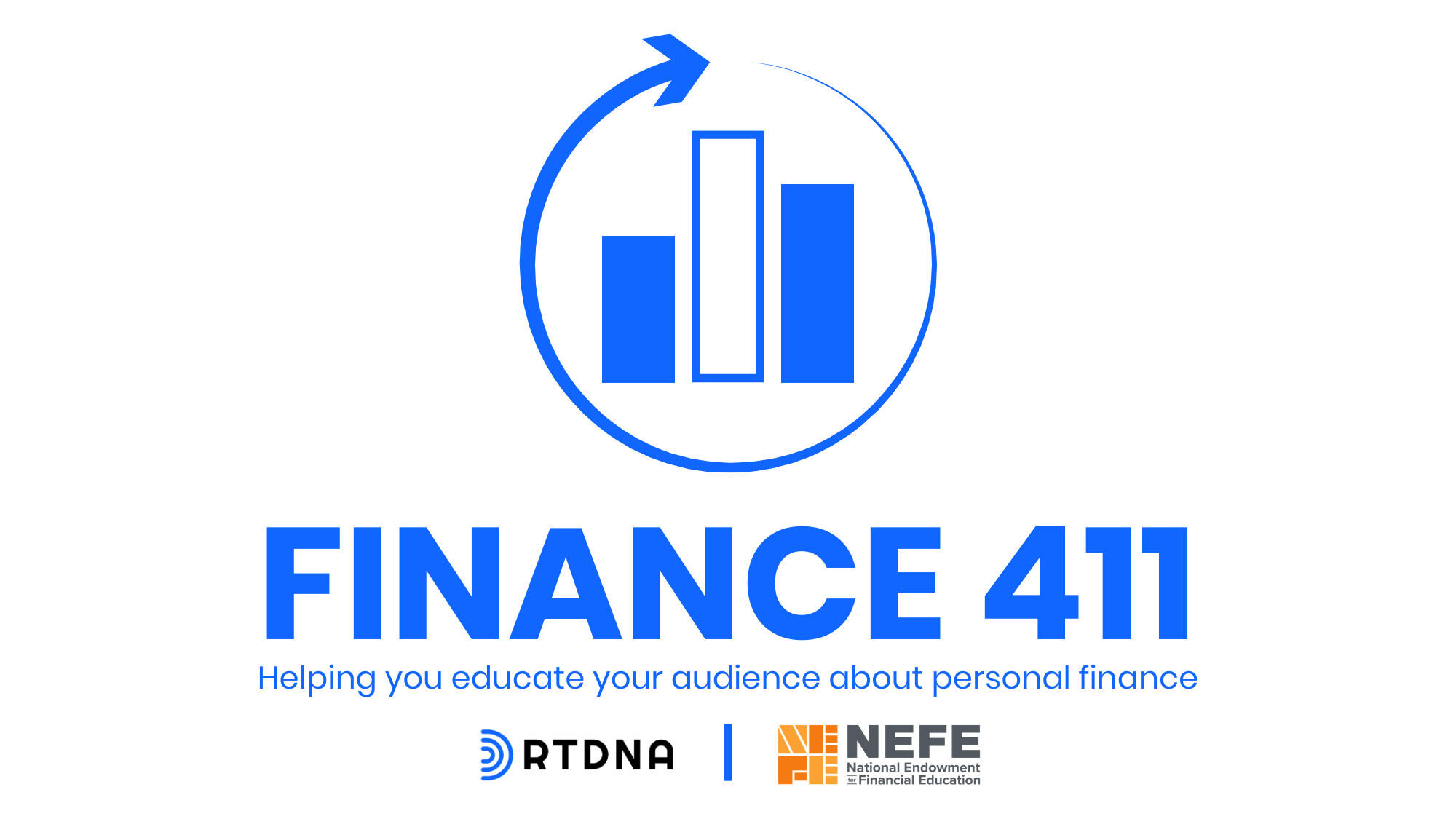Money Matters: How to switch banks

If you’ve had the same bank account since you first had an allowance to deposit, it might be time to shop around. While most of us carefully price out our options for major purchases like cars and appliances, fewer think about comparing prices for the best place to manage our money.
Why?
What are some reasons to switch banks? Not all checking and savings accounts are created equal, and you may be able to find options with lower fees or higher yield savings, which can be an easy way to save for a rainy day.
If you’re currently an account holder at a small local financial institution, moving may necessitate selecting an option with a presence in your new city, particularly if you value in-person service options.
If extra money services are important to you, it may be worth comparing credit unions rather than traditional banks.
Alternately, more banks are now totally online, which saves the institution on rent and other costs, which may mean savings for customers.
How?
Once you’ve decided what you value in a bank, compared options, and made a selection, it’s time to begin the process of moving your money. It will be a process and take some time, but doesn’t have to be onerous.
First, switch any direct deposits like paychecks to your new account and transfer enough money to meet minimums for your new account, if applicable.
Be sure you know about any minimum balance requirements, fees and pending automatic payments or withdrawals tied to the account you will be closing. Ensure you leave enough to cover those expenses and avoid costly penalties or overdrafts before transferring the bulk your money to your new account. Generally, electronic transfers are cheapest as well as quick and secure.
Leave both open for a couple of months to ensure you’ve caught every pending or recurring transaction. Know that companies may or may not notify you if automatic bill pay transactions aren’t successful.
This could also be a good time to stop, rather than transfer, any automatic subscriptions you no longer need.
Lastly, be sure to formally close the old account, and request written confirmation that the account is closed. Don’t leave a zombie account with zero balance but still technically open – you may find yourself owing overdrafts and fees for any checks or payments that come through once your money’s moved out.
When?
One downside to switching banks is a potential, temporary hit to your credit score. Minimize this impact by avoiding switching banks at the same time as requesting lines of credit for major purchases.
If possible, switch banks before, not during a move to avoid triggering red flags. Try not to switch your credit cards and bank accounts at once. Finally, don’t switch institutions too often. Plan to stick with the new bank you’ve chosen for a few years or more before it’s time to assess the options again.
Weekly Money Matters personal finance content for your newsroom is sponsored by the National Endowment for Financial Education.
